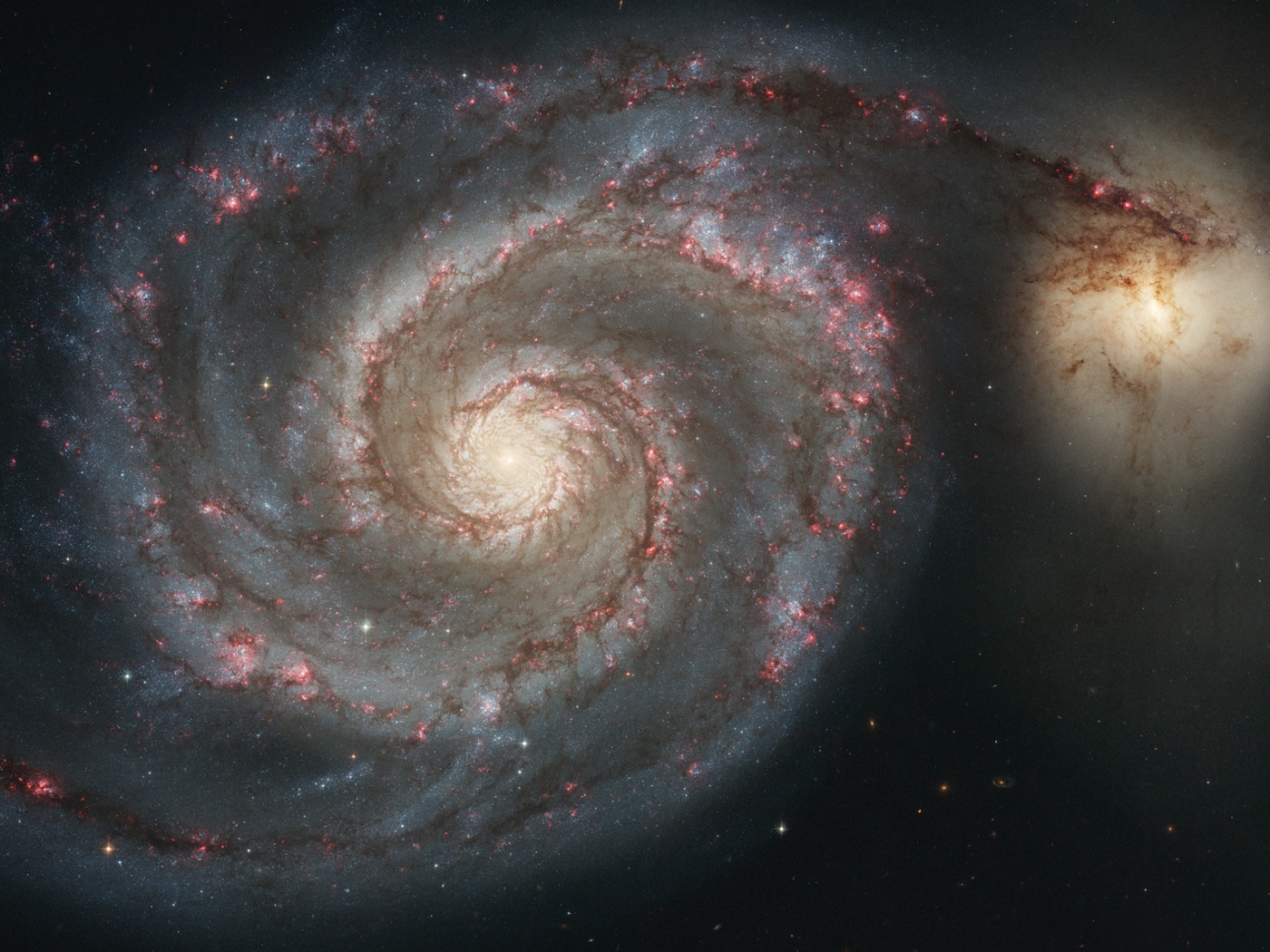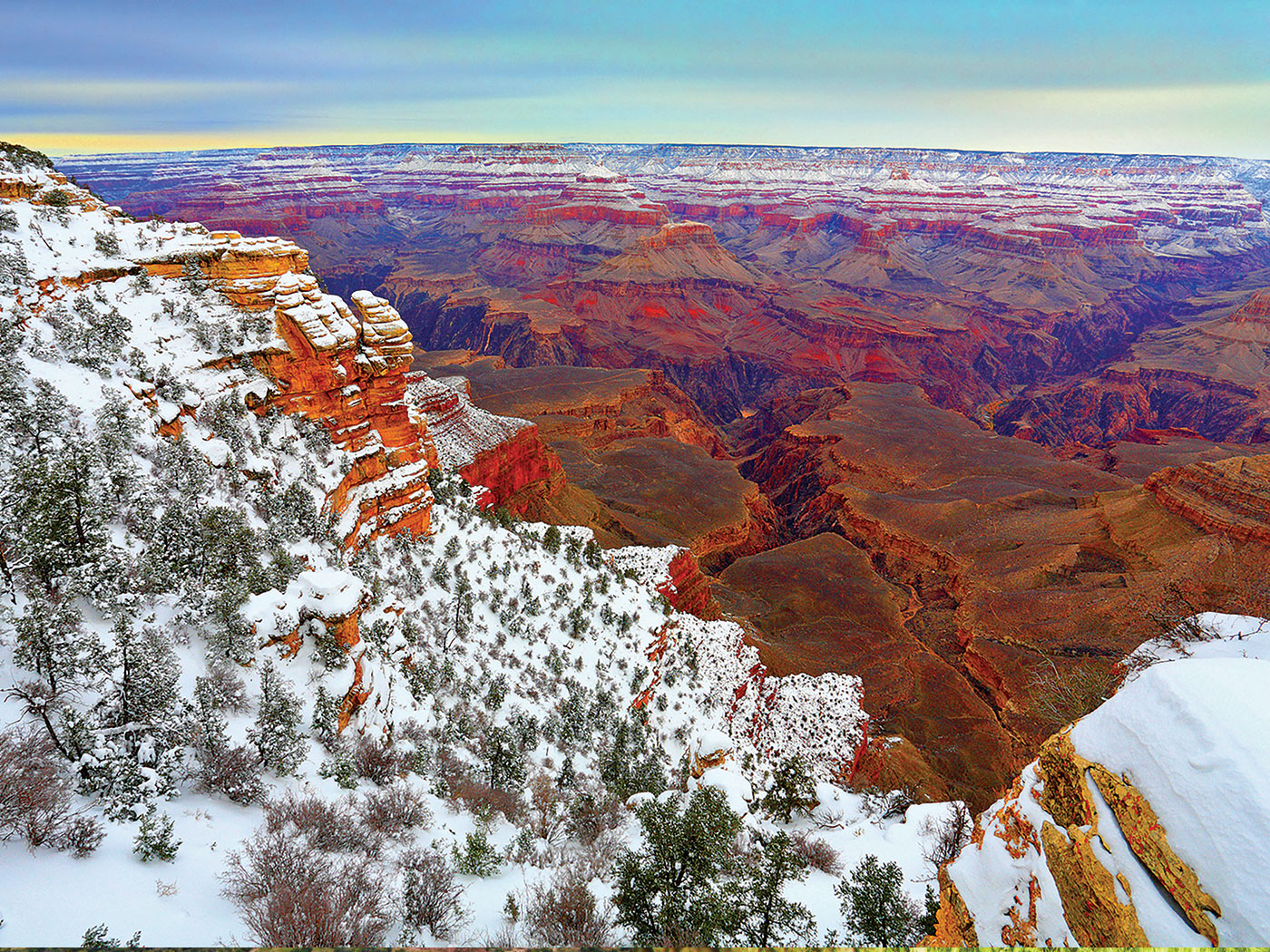The political establishment has weighed in on it. The media has attempted to excoriate presidential candidates because of it. The academic community has tried to relegate it to the realm of unscientific mythology. The courts have ruled against it time and again. But the reality is that most Americans believe this simple yet profound statement:
In the beginning, God created the heavens and the earth.
A recent USA Today/Gallup poll1 indicates that 66%—two thirds—of Americans believe that “God created human beings pretty much in their present form at one time within the last 10,000 years.” In fact, twice as many stated this fact as “definitely true” compared to those who sided with evolution. (And almost twice the number of respondents declared evolution to be "definitely false"—28%—as those who said the same about creationism: 15%.)
Of course, you wouldn’t know of this grassroots support for creationism by looking at the textbooks used in science classes in public and private schools across America. Nor would it be obvious by listening to the majority of science teachers who instruct America’s children.
Evolution is a fact, they say. Science has proven it without doubt, they say. Creation is a religious myth, they declare. Even the courts side with the secular scientists who reject creation—and God—as fables unsuitable for serious scientific consideration or inclusion in their curricula.
Dr. Eugenie Scott, director of the National Center for Science Education, states that her organization’s mission is to “keep evolution in the science classroom and ‘scientific creationism’ out.”2 NCSE routinely rails against scientists and organizations that question the legitimacy of Darwinians' explanation for the origins of the universe.
Some would call this intolerant…or even unscientific. Consider the position statement of The National Science Teachers Association titled "The Freedom to Teach and the Freedom to Learn":
As professionals, teachers must be free to examine controversial issues openly in the classroom. The right to examine controversial issues is based on the democratic commitment to open inquiry and on the importance of decision-making involving opposing points of view and the free examination of ideas. The teacher is professionally obligated to maintain a spirit of free inquiry, open-mindedness and impartiality in the classroom. Informed diversity is a hallmark of democracy to be protected, defended, and valued.3
For Dr. Scott, and no doubt most of the nearly 1,000 signatories to her “Statement of Concern”4 over the recent opening of the Creation Museum in Petersburg, KY, open inquiry cannot be tolerated when it comes to the teaching of origins. Yet true science can only take place when avenues of exploration are kept open, not slammed shut due to an arbitrary decision that certain theories must be "kept out" at all costs. In light of the recent poll results cited above, the majority of Americans believe some form of creationism. This would be a good time for the science education establishment to follow its own recommendations and actually take a crack at "opposing points of view and the free examination of ideas."
1 http://www.usatoday.com/news/politics/20
2 http://www.natcenscied.org/
3 http://www.nsta.org/about/positions/free
4 http://www.sciohost.org/states/






